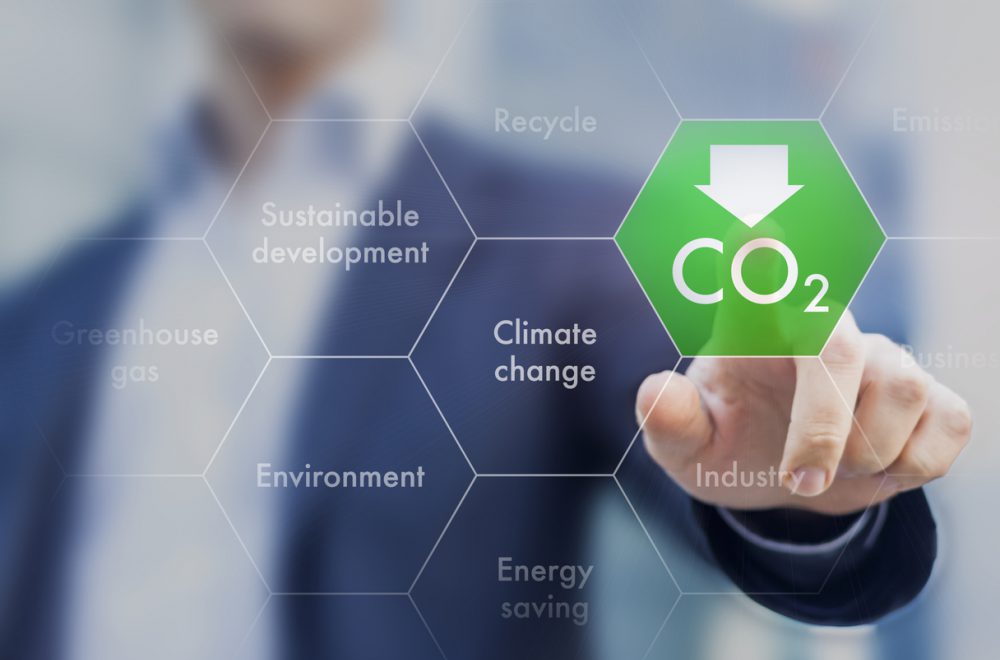
Ecolab has announced it will align its operations and supply chain to the UN Global Compact’s Business Ambition for 1.5⁰C, and will work to reduce its carbon emissions by half by 2030 and to net-zero by 2050.
The company said it is committed to doing its part in limiting the rise of global temperatures to 1.5 degrees Celsius (2.7 F) or less above pre-industrial levels, the limit deemed necessary by the UN to avoid the worst consequences of climate change.
Ecolab chairman and CEO, Douglas M. Baker, Jr, said it’s critical Ecolab accelerates its efforts to mitigate the impact of climate change.
“We don’t yet have all the answers as to how we’ll get to net-zero carbon emissions, but business needs to come together and create forward momentum. That’s why Ecolab is committing to 1.5°C.”
To help meet its commitment, Ecolab will:
- Move to 100 per cent renewable energy in its global operations. In 2018, the company signed a virtual power purchase agreement that will cover 100 per cent of its electricity needs in North America once the wind farm it is helping to finance comes online in 2020. Today, 99.4 per cent of Ecolab’s electricity in Europe comes from renewable sources.
- Expand energy efficiency projects at Ecolab plants, office buildings and operations around the world.
- Move to electrify its fleet of service vehicles.
- Work with supply chain partners to adopt similarly ambitious climate goals.
In addition to efforts within its own operations, Ecolab is helping companies throughout the world become more resilient to the impacts of climate change.
Water scarcity is exacerbated by climate change, and in 2018, Ecolab helped customers conserve 188 billion gallons of water.
Using water also takes a sizable amount of energy, and these water savings helped avoid 19 trillion BTUs of energy use and 1.1 million tons of greenhouse gas emissions.
Emilio Tenuta, Ecolab vice president of corporate sustainability, said water is the missing link in the climate debate.
“If the world economy made gains in sustainable water management, we’d be a significant step closer to a more climate-resilient world and cut our carbon emissions in the process.”
In its 2018 report, Global Warming of 1.5 °C, the UN Intergovernmental Panel on Climate Change (IPCC) stated that, based on the best available science, a global temperature increase of 2 degrees Celsius (3.6 F) above pre-industrial levels is no longer deemed safe.
To avoid the worst consequences of climate change, global warming must be capped at 1.5 degrees Celsius (2.7 F) or less, the IPCC stated.
The UN Global Compact, a group of more than 9,500 companies that are collaborating to foster more sustainable ways of doing business, launched the Business Ambition for 1.5⁰C in 2019 to spur companies to do their part in achieving this goal.
As of 4 December, 2019, 140 companies have joined the Business Ambition for 1.5⁰C.
Comment below to have your say on this story.
If you have a news story or tip-off, get in touch at info@13.238.154.125.
Sign up to INCLEAN NZ’s newsletter.